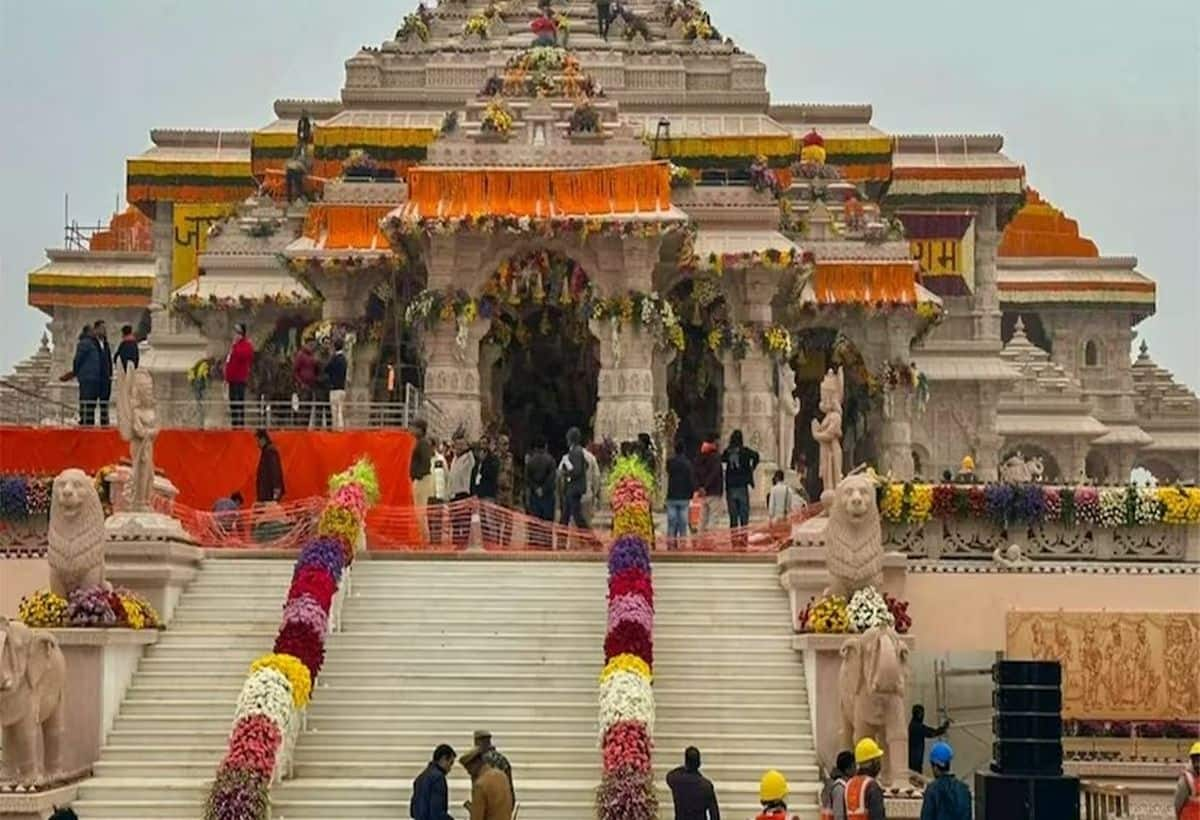The Controversy Surrounding Tirupati Temple Prasad
On September 20, a notable controversy erupted regarding the prasad (holy offering) from the Tirupati temple. Acharya Satyendra Das, the chief priest of the Ayodhya Ram temple, disclosed that approximately 300 kg of prasad from the Tirupati temple was distributed to devotees during a significant ceremony at the Ram temple earlier this year. This revelation adds a new dimension to the ongoing debate about the ingredients used in temple offerings, particularly in light of recent claims concerning the use of animal fats in the preparation of prasadam at Tirupati.
The Claims of Animal Fat in Prasad
According to reports, a laboratory analysis has indicated that ghee used in the famous laddu prasadam at Tirupati contained beef fat and fish oil. This report has been met with outrage, especially following allegations made by Andhra Pradesh’s Chief Minister N. Chandrababu Naidu, who stated that animal fat was used in the preparation of Tirupati laddus during the previous government’s tenure. Naidu’s comments reignited discussions around the sanctity of temple offerings and their adherence to Hindu dietary restrictions.
Political Reactions and Accusations
The remarks by Naidu sparked immediate backlash from the opposition party, the Yuvajana Sramika Rythu Congress Party (YSRCP), which accused him of politicizing the issue for personal gain. In response, Naidu’s party, the Telugu Desam Party (TDP), circulated the lab report as evidence to substantiate the claims, further intensifying the political discourse surrounding the matter.
Concerns Raised by the Chief Priest
Amidst the escalating situation, Acharya Satyendra Das expressed his discontent regarding the alleged presence of animal fat in the ghee used for preparing prasadam at the Tirupati temple. He described the situation as a “mockery of Hindu faith” and argued that if such practices were indeed occurring, those responsible must be held accountable. Das has even called for a thorough inquiry into the matter to ensure the sanctity of religious offerings.
Vishwa Hindu Parishad’s Demands
The Vishwa Hindu Parishad (VHP), a prominent Hindu nationalist organization, has reacted strongly to the allegations. The VHP has demanded that the Andhra Pradesh government transfer the control and management of the Tirupati temple to the Hindu community. VHP General Secretary Bajrang Bagda has called for the “liberation” of Hindu temples from government oversight and has demanded legal action against those found culpable in the reported desecration of the laddu prasadam.
Conclusion: A Matter of Faith and Integrity
This controversy highlights the delicate intersection of faith, politics, and cultural identity within contemporary Hindu society. As communities react strongly to perceived violations of religious tenets, the outcomes of these discussions may not only impact the management of religious offerings but could also influence broader sentiments about governance and religious autonomy in India.












